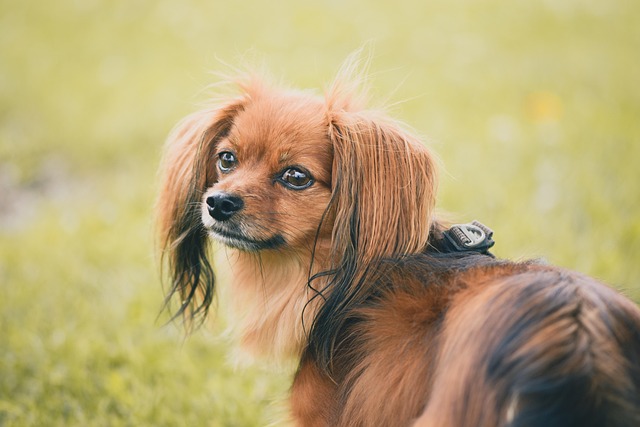
Can dog skin rashes be caused by fleas or ticks
I’ll open with a relatable scenario of a new owner noticing their pup’s rash after a park walk, explain how fleas and ticks trigger skin issues
You’ve just watched your Husky, Luna, joyfully plough through a muddy pond at the local dog park. As she trots back coated in sludge, your first instinct might be to sprint home for a deep scrub. But hold that thought—how often should a Husky actually hit the shower? Unlike short-haired breeds, these snow athletes come engineered with self-maintaining fur. Bathe them too frequently, and you’ll wage war on their natural defenses.
Here’s the science behind the fluff: A Husky’s double coat acts like a high-tech climate control system. The top layer repels dirt and moisture, while the dense undercoat traps insulating air pockets. Natural oils (sebum) spread through their fur during brushing, keeping skin hydrated and pH-balanced. Wash weekly, and you strip these oils raw. The fallout? Dry, itchy skin, vulnerability to infections, and a coat that loses its magical insulation powers. Stick to baths every 3-4 months unless they’ve tangled with skunk spray or motor oil.
Make brushing your frontline defense. Grab an undercoat rake—those curved metal teeth reach deep without cutting skin—and pair it with a slicker brush for surface tangles. Five minutes daily keeps shedding manageable and distributes protective oils. For muddy paws post-adventure, keep hypoallergenic wipes by your apartment door. When bath day arrives, skip the drama: Pre-brush thoroughly, use lukewarm water with oatmeal-based shampoo (sulfate-free is non-negotiable), and rinse until the water runs crystal clear. Towel-dry gently, and if using a blow-dryer, keep it on cool mode. Hot air? That’s a one-way ticket to brittle fur and stressed pups.
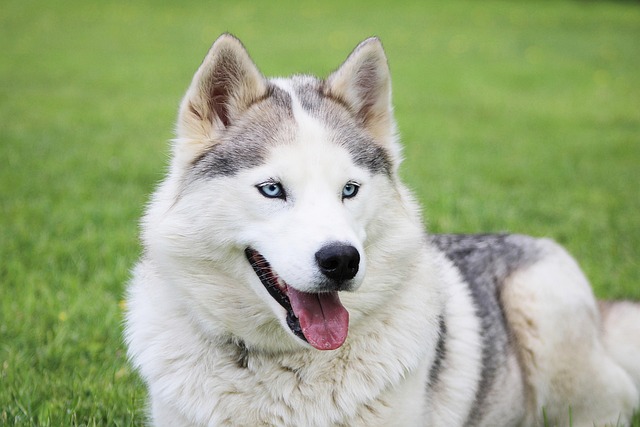
Now, let’s talk legal and cultural must-knows. That post-bath "drying walk" around the block? Leash laws apply rain or shine—in cities like Los Angeles, off-leash fines soar past $400. Always carry waste bags (yes, even mid-blowout shedding season); Denver slaps $150 fines for uncollected poop. Apartment residents, double-check your lease: Many Boston high-rises require proof of rabies vaccination for professional grooming appointments. Store shampoos high—curious Huskies can turn child-proof caps into chew toys.
Training transforms grooming from trauma to trust. If Luna bolts at the sight of a tub, rebuild the narrative. Start by tossing her favorite cheese bites into an empty bathtub for a week—no water, no pressure. Gradually introduce a damp washcloth while rewarding calmness. Never pin her down or shout; this isn’t just ineffective—it violates animal welfare principles across the EU and progressive U.S. states. Instead, smear peanut butter on the shower wall during rinses. Culturally, force-free handling is non-negotiable; modern behaviorists prioritize consent. Spot a mat? Never cut blindly—slide scissors parallel to the skin to avoid nicks.
Adapt to seasons: Spring shedding demands daily brushing, not extra baths. Winter road salt? Rinse paws with warm water after walks. Summer lake swims? A freshwater rinse prevents chlorine damage. Notice a "wet dog" smell or greasy fur? That’s your cue for a bath—not calendar dates.
Pro habits for urban owners: Vacuum every other day (robot vacuums are Husky-parent heroes), use cornstarch-based dry shampoo between baths, and stash grooming tools beside leashes. Remember: A healthy Husky coat shouldn’t smell like perfume—it shouldn’t smell like anything at all. Your restraint preserves their natural armor, saving vet bills for real emergencies. Now go enjoy Luna’s muddy adventures—with brushes at the ready.

I’ll open with a relatable scenario of a new owner noticing their pup’s rash after a park walk, explain how fleas and ticks trigger skin issues
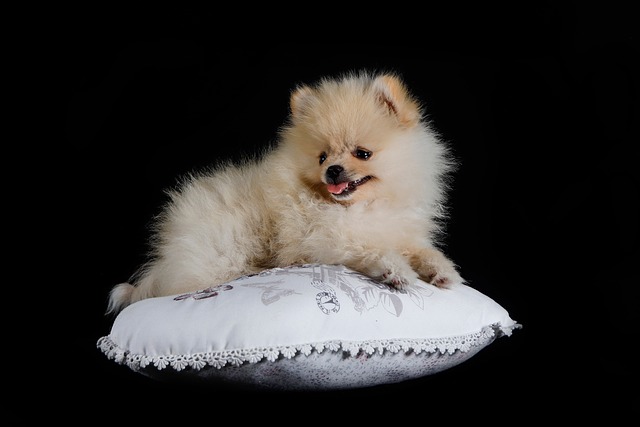
Walk into any neighborhood park at dusk, and you’ll see the difference: a Lab that sits when told but shrinks from other pups, or a Golden Retriever that greets everyone warmly but won’t come when called.
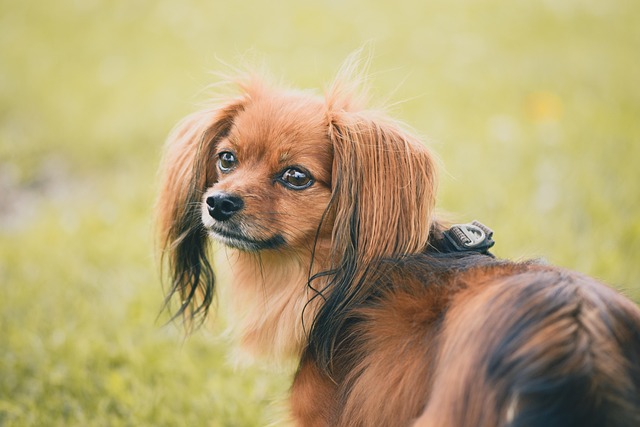
I’ll open with a relatable scenario of a new owner struggling with a warm cooling vest mid-walk, explain how ice pack effectiveness depends on environmental and product factors
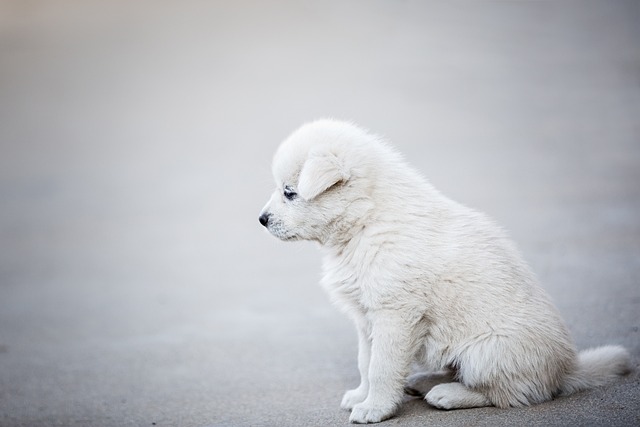
Most dogs don’t jump for joy at bath time, but the right water temperature can turn a stressful chore into a calmer experience.
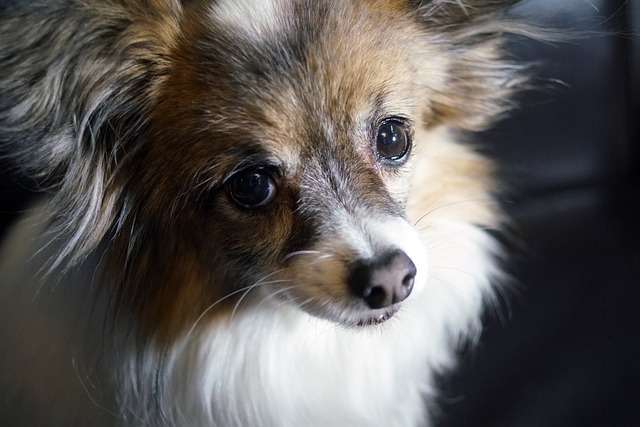
I sat on my friend Jake’s Boston living room floor last weekend, watching him lean in to kiss his 1-year-old Beagle, Daisy—who immediately turned her head
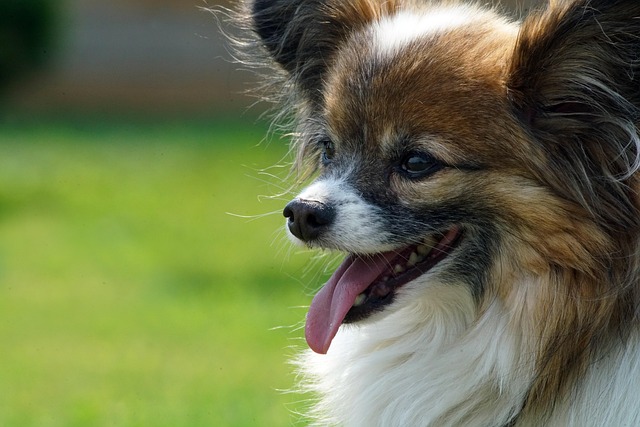
I’ll start with a scenario of a new owner asking how to protect their young pup from future cognitive issues, explain the science behind preventing CCD (focused on brain health and aging)